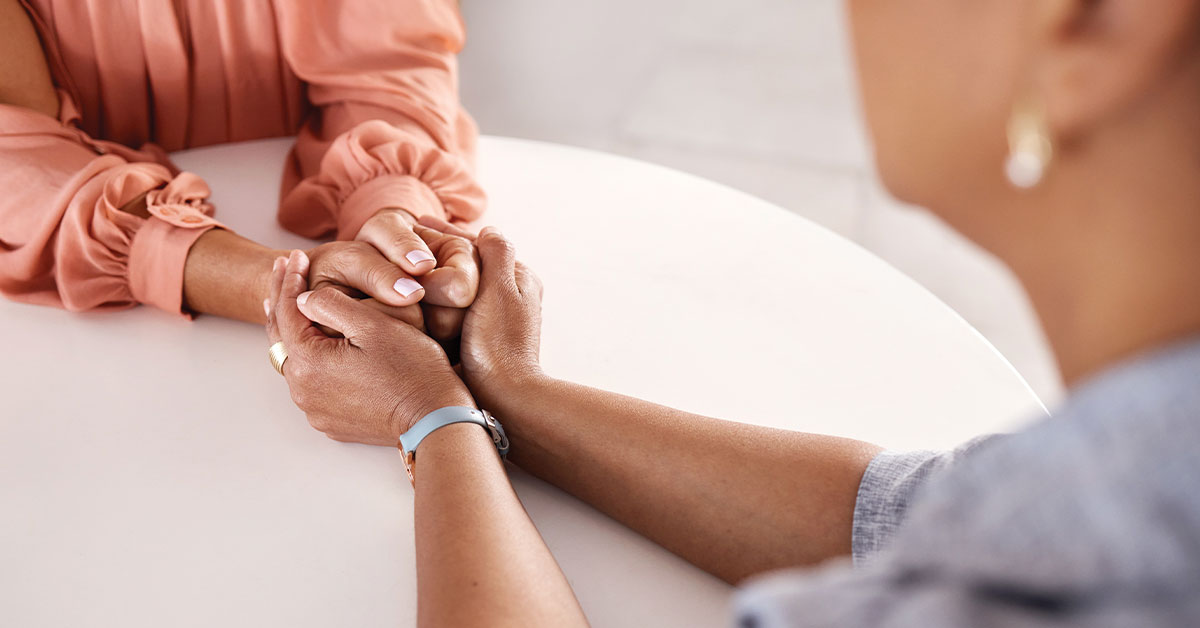Every year, more than 2.3 million women across the globe are diagnosed with breast cancer.
Though much rarer, a small percentage of cases are diagnosed in men as well. With this staggering number of occurrences, it's likely we all know someone, whether close or distant, who has been touched by the disease.
For the myriad types, subtypes, and stages that can be identified, there are also many different ways to offer support to a friend or loved one who has received the frightening news: "You have breast cancer."
I know this because I'm among the statistics, diagnosed with metastatic breast cancer—de novo, which means "from the beginning"—in early 2019. Living with Stage IV cancer for nearly seven years, I'm pretty sure I've seen and heard it all. But, I haven't endured it all, which is confusing to most people I meet.
I never went through chemo or radiation. I never lost my hair or looked like anything other than a healthy person. That's because the standard of care for Stage IV is palliative. We start with the least harsh approach first, then ramp up as needed, aiming for comfort and quality of life versus aggressive tactics that won't make us any less terminal.
Often, those who are diagnosed at earlier stages are the ones who are visibly and physically put through the wringer. Mentally and emotionally, however, all of us suffer a lot—even patients who've been treated and cured. Because whether you're living with it forever or it's in your rearview mirror, the fear and trauma never really leave your mind.
When I was asked to give my first-person perspective on how to best support someone with breast cancer, I knew I had to draw on more than just my experience. In addition to the stories I've collected over the years of women in my MBC (metastatic breast cancer) circle, I talked with Judy Lindstrom—the sister of the husband of a dear friend who goes back to pre-kindergarten.
Judy recently completed treatment for earlier-stage breast cancer and subsequently went on a victory tour to celebrate. We put our heads together to share with you our best tips for how to walk with someone on this difficult path. Here's what rose to the top:
Be there. This can have many meanings. If you're able to support them in person, and they want you to, do. Go to consultations to be an extra set of ears and an advocate. It's a whirlwind at first and there's so much to absorb. Accompany them to treatment appointments. These can be all-day events and having someone to talk to can be calming and also simply relieve boredom. If you can't be there physically, be a sounding board, arrange meal trains, or send a care package.
Remember the "Three H's." Ask: Do you want to be helped, heard, or hugged? This is especially important if you're a chronic "fixer." Most often, it can't be fixed by you. But you can sure hug it out. And you might be surprised how often it's just a heartfelt embrace that's desired.
Understand privacy needs. I've always been very open about my life. So, it's taken me a while to realize and accept that others just aren't. If you're privy to information about a loved one's cancer diagnosis, make sure you know the level of confidentiality they're expecting from you—and respect it. As hard as that may be.
Don't assume how they want to be treated or spoken to. Again, ask. Some people love the encouragement of "you've got this" or "you're a fighter" or "it's going to be OK" language. Others despise it. (I'm in the latter camp, and I also dislike the term "journey." Don't get me started!) Know your audience and proceed with the cheerleading—or not—accordingly.
Resist the urge to empathize too much. Maybe you have or have had cancer yourself. Or your aunt or grandma or high-school friend. Unless the person you're responding to has asked you to talk about it with them or refer them to someone who's dealing with similar, relatability often comes off as shifting the attention. Or perhaps even minimizing what they're going through.
The overarching theme here is to listen and learn. More ears, less mouth. Be inquisitive but not intrusive. And don't be afraid to be honest if you don't know what to say or do. Your loved one probably doesn't either.
Allison Kay Bannister has been a West Michigan resident since 1987 and a professional writer since 2002. A GVSU alumna, she launched her own freelance writing business in 2017. Allison is a cookie connoisseur, word nerd, aspiring gardener, and metastatic breast cancer thriver who loves traveling in Michigan and beyond, and enjoys art, world cuisine, wine, music, and making homemade preserves.
This article originally appeared in the Oct/Nov '25 issue of West Michigan Woman.




